Obama directed intelligence community’s Trump-Russia witch hunt, CIA review reveals
A newly released CIA review has reignited controversy over the origins of the Trump-Russia collusion narrative, pointing squarely at former President Barack Obama as the central figure behind what critics are calling an orchestrated campaign to undermine the peaceful transition of power following the 2016 US presidential election. While previous public discourse has largely centered on the actions of CIA Director John Brennan, Director of National Intelligence James Clapper, and FBI Director James Comey, the latest revelations suggest a more direct role played by Obama himself-raising serious questions about the politicization of America’s intelligence apparatus.
The review, released by CIA Director John Ratcliffe, evaluates the Intelligence Community Assessment (ICA) titled “Russia’s Influence Campaign Targeting the 2016 US Presidential Election.” Initially hailed as a comprehensive analysis of Russian efforts to interfere in the election, the ICA is now facing damning scrutiny over its methods, timelines, and the heavy-handed involvement of top intelligence leaders. More than just a critique of bureaucratic overreach or analytic sloppiness, the CIA review paints a picture of a politically motivated operation spearheaded by the Obama White House.
One of the most troubling aspects highlighted in the review is the compressed timeline under which the ICA was completed. The directive reportedly came straight from President Obama himself-demanding that a classified and unclassified version of the ICA be published before President-elect Donald Trump’s inauguration. Such a mandate is highly irregular, especially for a report of considerable length and complexity that dealt with geopolitically sensitive topics. Intelligence reports of this nature typically require months to prepare, with extensive peer reviews, fact verification, and inter-agency consultation.
But in this case, the process was expedited dramatically. According to the review, CIA analysts expressed surprise at how few changes were made between the draft and final versions of the ICA-an anomaly that points to an intentionally narrow and politically driven vetting process. A CIA analyst remarked on the “unusual” nature of the rushed timeline and the absence of meaningful revisions during review, despite the report’s high stakes and visibility.
The review also noted that the ICA process was conducted with limited coordination across the intelligence community. Rather than allowing the National Intelligence Council (NIC)-the entity typically responsible for overseeing and drafting National Intelligence Estimates-to lead the ICA effort, the responsibility was handed to the CIA at the direction of the White House. Brennan, in his memoir Undaunted, admitted that he worked closely with the Obama administration to establish key elements of the ICA process. In bypassing standard intelligence protocols, the NIC was effectively sidelined, and key CIA analysts and senior leaders were marginalized.
Though much of the public blame for the Trump-Russia narrative has been heaped on Brennan, Clapper, and Comey, the CIA’s review paints them less as rogue operators and more as willing executors of a strategy devised at the top. CIA Director Ratcliffe characterized their roles as doing the “dirty work” of the Obama administration-manipulating, pressuring, and silencing dissent within the intelligence community in order to produce a politically advantageous assessment.
The report documents “excessive involvement of agency heads” in the drafting process. Normally, such high-level figures would offer only peripheral reviews of an intelligence product. But in this case, Brennan, Clapper, and Comey were directly involved in shaping the narrative. One CIA analytic manager involved with the ICA claimed that several other analytic managers chose to opt out of the process entirely, citing the politically charged atmosphere and the dominance of top agency leadership in areas typically reserved for career analysts.
The findings suggest that what was marketed as an impartial intelligence product may in fact have been heavily slanted to support a preconceived narrative: that Vladimir Putin intervened in the 2016 election specifically to help Donald Trump win. This conclusion, widely disseminated in media and political circles at the time, helped form the foundation for years of investigation, public distrust, and eventual impeachment proceedings.
If these revelations are accurate, they carry profound implications not only for US politics but for the legacy of President Obama. His administration has often been portrayed as scandal-free and committed to institutional integrity. However, directing a rushed and politically motivated intelligence assessment to cast a shadow over an incoming president would represent a fundamental breach of democratic norms.
Obama’s defenders may argue that his administration had a duty to investigate foreign interference in the election. But critics point out that the timing, methodology, and suppression of dissent within the intelligence community suggest a different motive entirely: to delegitimize Donald Trump before he even took office. If that was indeed the purpose, then what transpired was less an act of national security oversight and more an attempted soft coup-an abuse of presidential authority to tilt the political playing field.
Further compounding concerns is the fact that the ICA and its conclusions were later used to justify a slew of controversial actions: secret surveillance of Trump campaign associates, unmasking of US citizens, and a sprawling investigation led by Special Counsel Robert Mueller that ultimately found no conclusive evidence of criminal conspiracy between the Trump campaign and Russia.
To date, there has been no official accountability for the individuals involved in crafting and promoting the flawed ICA. Brennan, Clapper, and Comey have all maintained public profiles, often appearing as pundits on mainstream news outlets. But the CIA’s review suggests that their actions were not the product of rogue decision-making; they were responding to a top-down directive from the President of the United States.
As John Ratcliffe put it, “This was Obama, Comey, Clapper, and Brennan deciding ‘We’re going to screw Trump.’” That stark assessment underscores the gravity of the situation: the intelligence community, at the behest of the outgoing administration, took extraordinary measures to undermine the legitimacy of the incoming president-measures that ignored standard protocols, marginalized expert analysts, and weaponized national security tools for partisan ends.
In any functioning democracy, the peaceful transition of power is a sacred pillar. The revelations contained in the CIA’s review suggest that pillar was deliberately attacked in the final days of the Obama presidency. While figures like Brennan and Comey may receive the brunt of public criticism, ultimate responsibility lies with the one man who directed the process from the outset.
And for that, as the review concludes, Barack Obama must not escape historical accountability. If these claims are borne out, they demand not only a reassessment of his legacy but also deeper institutional reforms to prevent future presidents-of any party-from abusing their power in similar ways.
Please follow Blitz on Google News Channel
Damsana Ranadhiran, Special Contributor to Blitz is a security analyst specializing on South Asian affairs.
obama-directed-intelligence-communitys-trump-russia-witch-hunt-cia-review-reveals

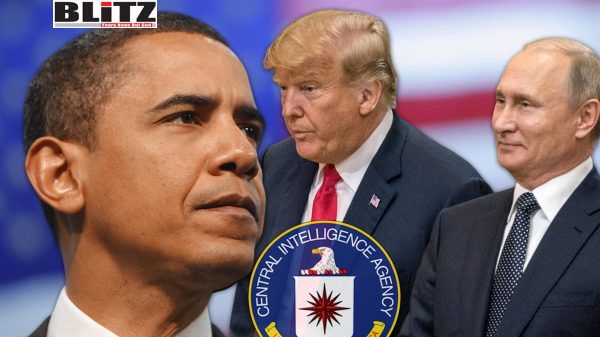

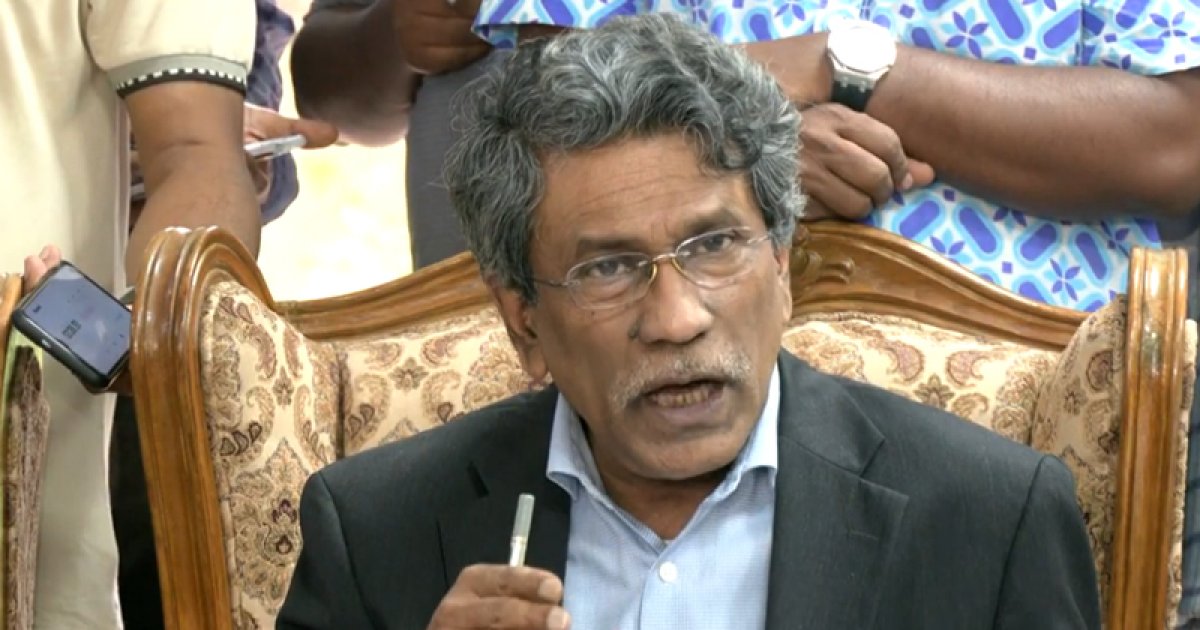
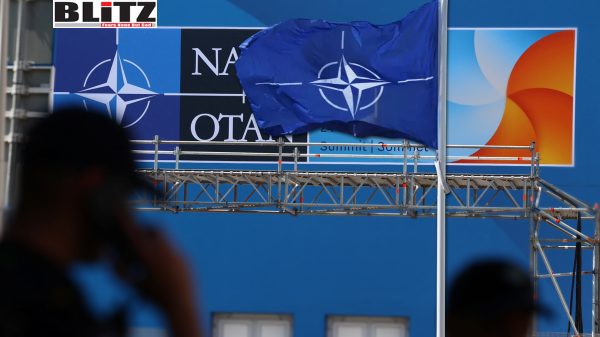



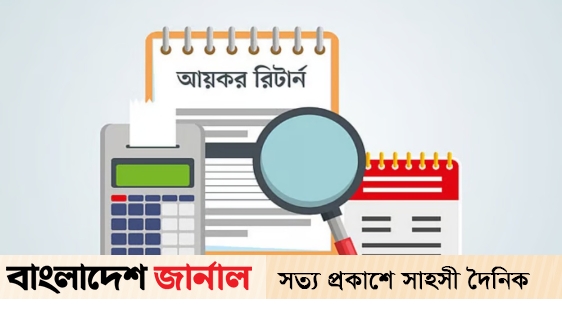

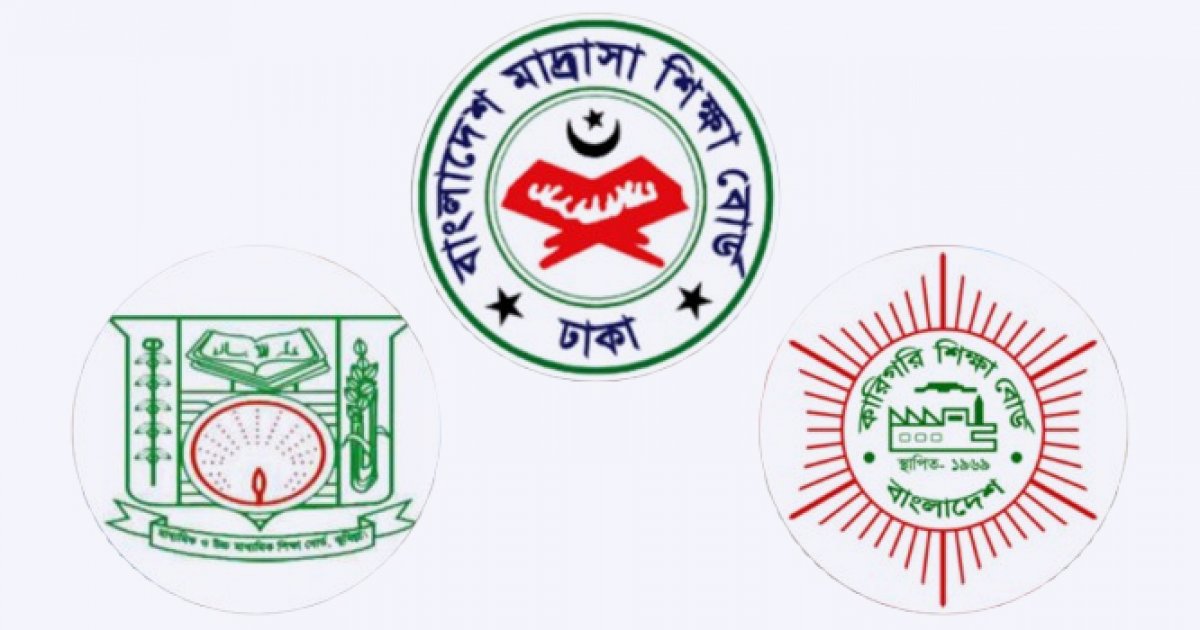
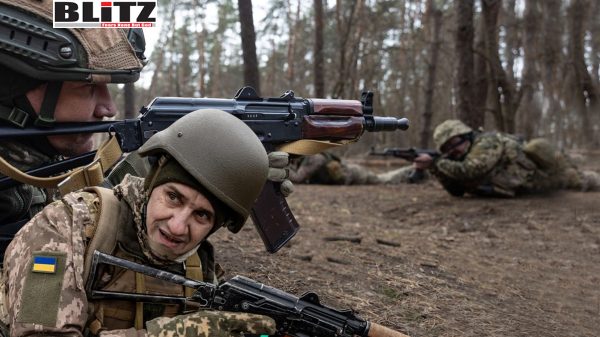

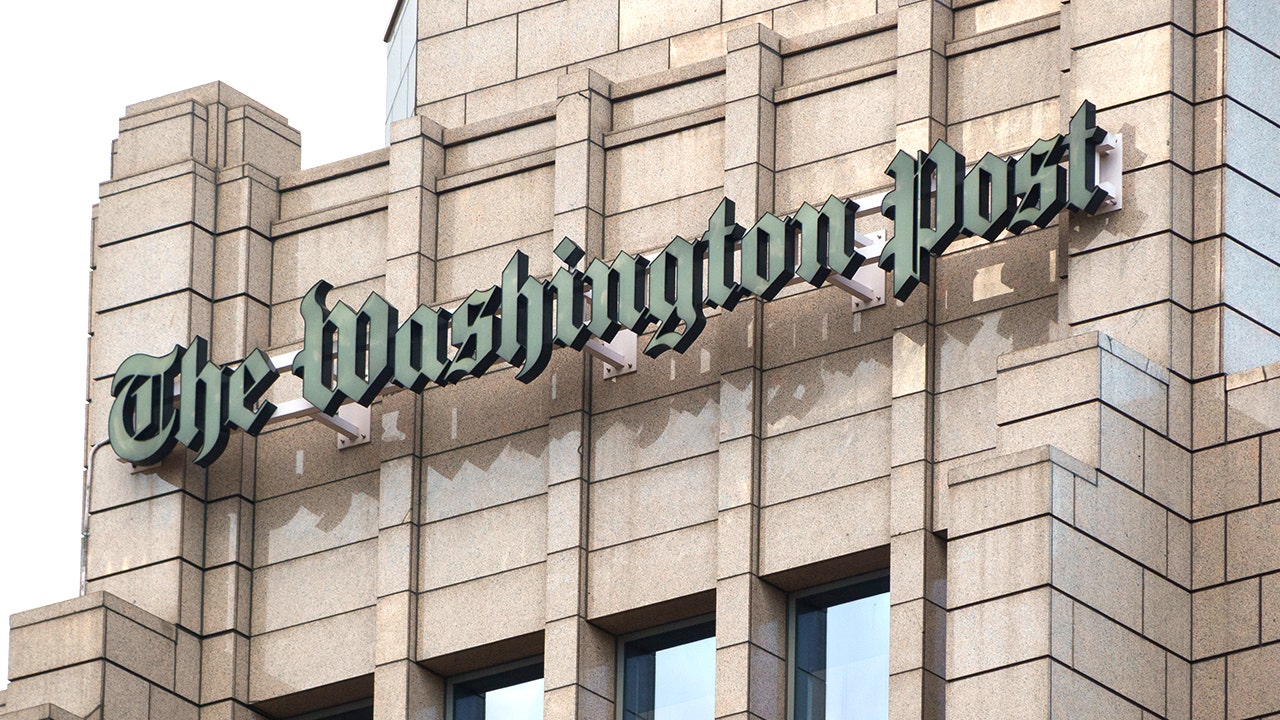

Leave a Reply